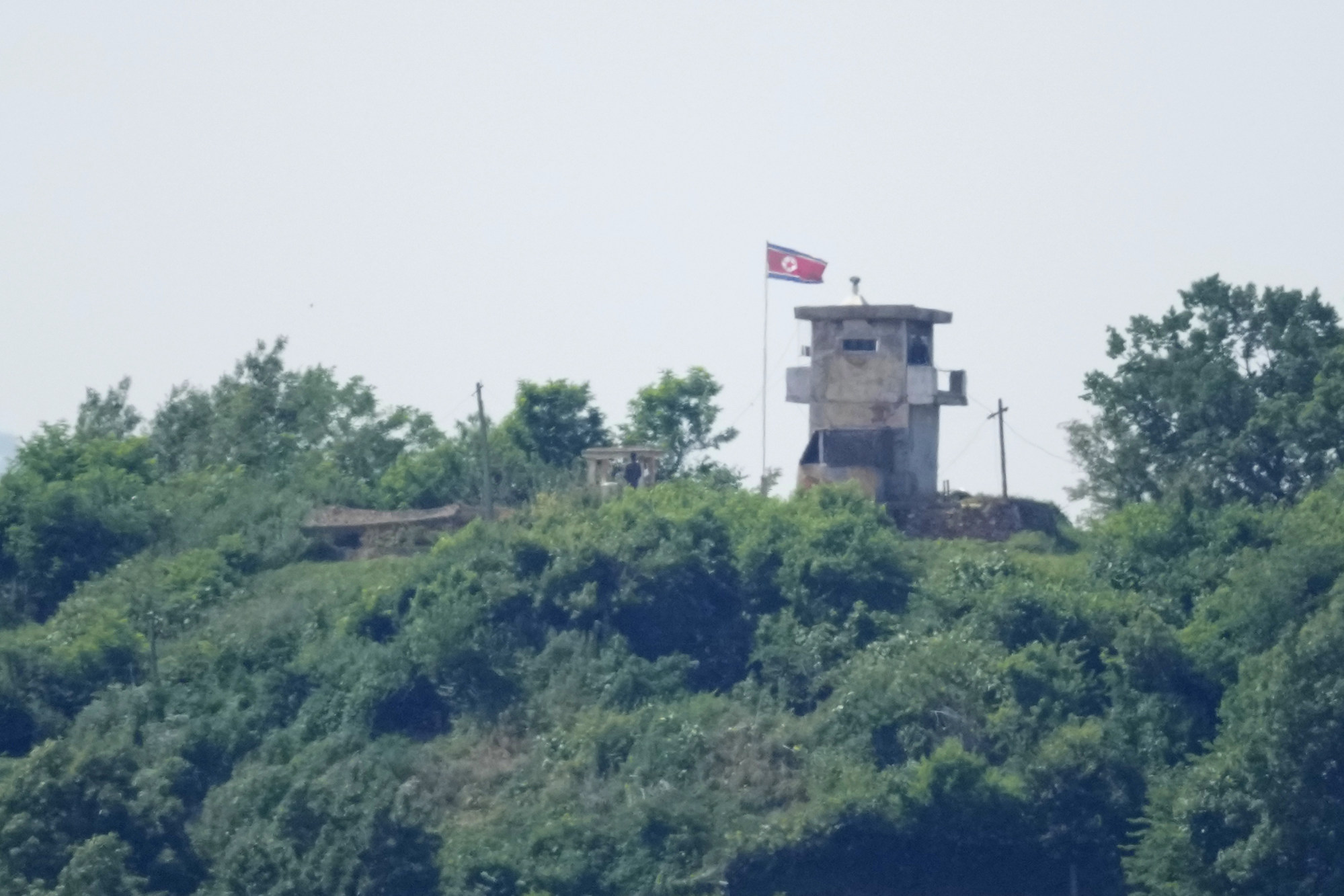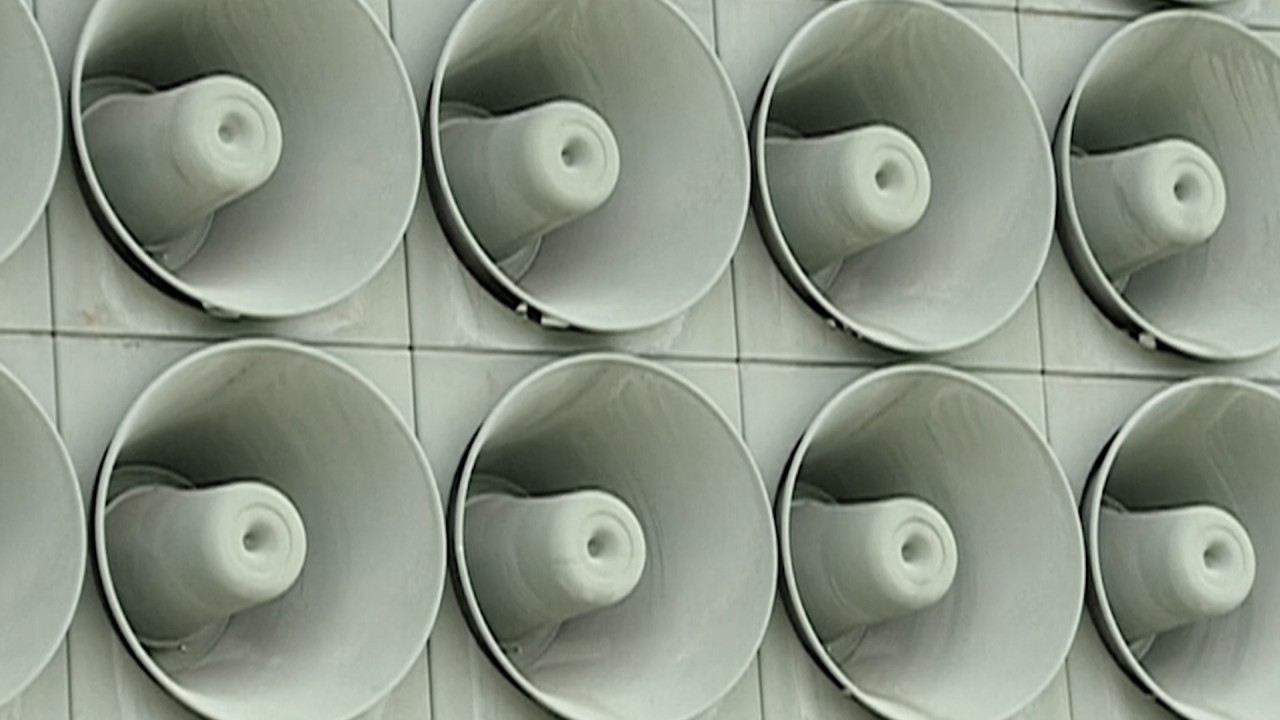At 12:30pm on Sunday, some North Korean soldiers who were engaged in unspecified work on the northern side of the border crossed the military demarcation line that bisects the two countries, South Korea’s Joint Chiefs of Staff said.
Those North Korean soldiers carrying construction tools – some of them armed – immediately returned to their territory after South Korea’s military fired warning shots and issued warning broadcasts, the Joint Chiefs of Staff said. It said North Korea had not conducted any other suspicious activities.
South Korea’s military has assessed that the North Korean soldiers didn’t appear to have intentionally crossed the border because the site is a wooded area and MDL signs there weren’t clearly visible, Joint Chiefs of Staff spokesman Lee Sung Joon told reporters.

Lee gave no further details. But South Korean media reports said that about 20-30 North Korean soldiers had entered South Korean territory about 50 metres (165 feet) after they likely lost their way. The reports said most of the North Korean soldiers were carrying pickaxes and other construction tools.
The 248-km (155-mile) long, 4km (2.5-mile) wide DMZ is the world’s most heavily armed border. An estimated 2 million mines are peppered inside and near the border, which is also guarded by barbed wire fences, tank traps and combat troops on both sides. It’s a legacy of the 1950-53 Korean war, which ended with an armistice, not a peace treaty.
On Sunday, South Korea resumed anti-Pyongyang propaganda broadcasts from its border loudspeakers in response to the North’s recent launches of balloons carrying manure and rubbish across the border. South Korea said North Korea has installed its own border loudspeakers in response but hasn’t turned them on yet.
North Korea is extremely sensitive to any outside criticism of its political system as most of its 26 million people have no official access to foreign news. On Sunday night, Kim’s sister and senior official, Kim Yo-jong, warned of “a new response” if South Korea continued its loudspeaker broadcasts and refused to stop civilian leafleting campaigns.
The tit-for-tat over speakers and balloons – both Cold War-style psychological warfare – have deepened tensions between the Koreas as talks over the North’s nuclear ambitions have remained stalled for years.


